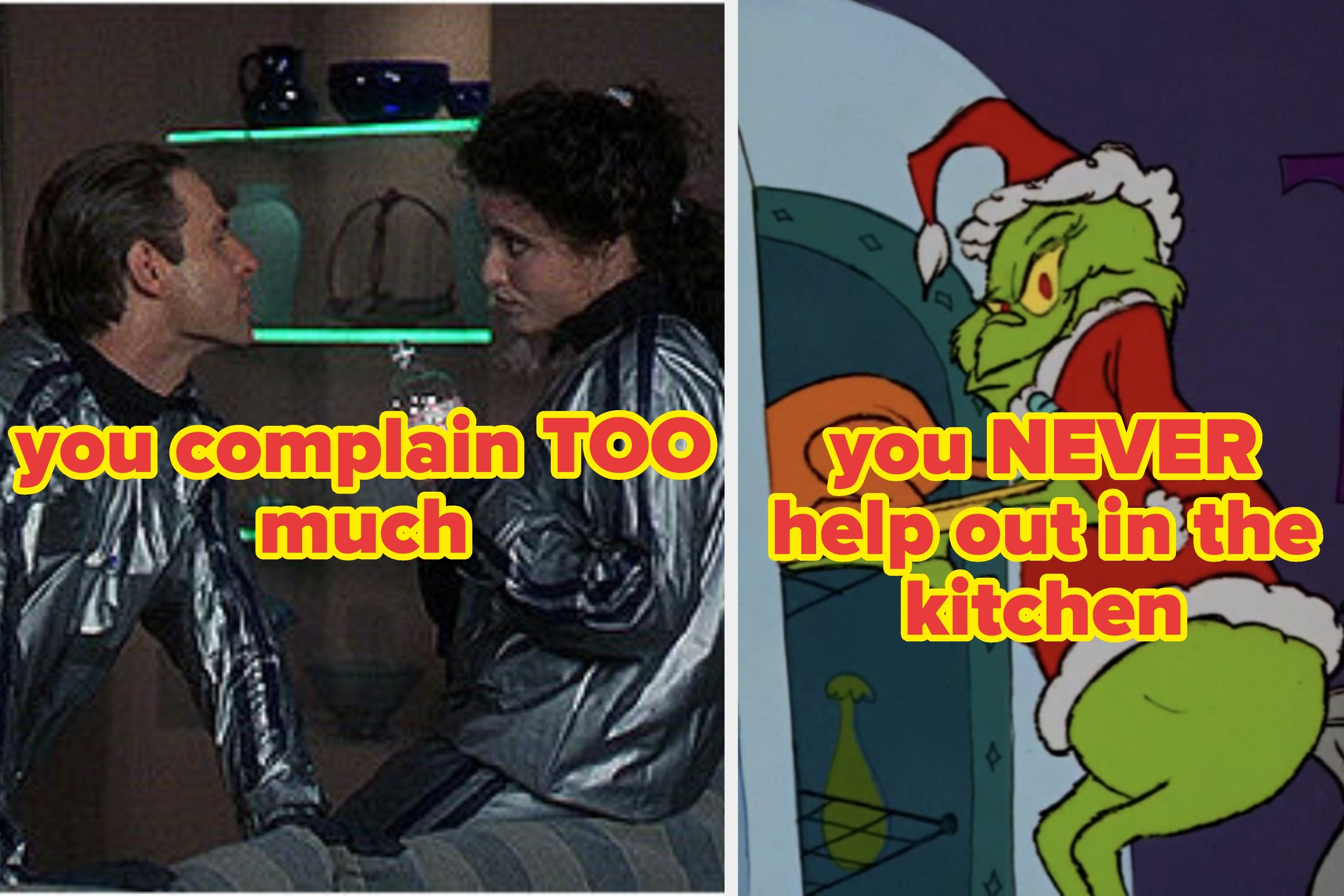What a wonderful time to be a Christian, and an Episcopalian. Above is a fascinating hour-long conversation between Andrew Sullivan and Ross Douthat, author of Bad Religion: How We Became a Nation of Heretics. Then my Nixon buddy Paul Matulic pointed out this Slate exchange between Douthat and William Saletan as well as the fact that the New York Times turned to an Episcopal priest, Randall Balmer, to review Douthat's book:
Although Douthat’s grasp of American religious history is sometimes tenuous — he misdates the Second Great Awakening, mistakes Puritans for Pilgrims and erroneously traces the disaffection of American Catholics to the Second Vatican Council rather than the papal encyclical “Humanae Vitae” — there is much to commend his argument. Yes, the indexes of religious adherence are down, and the quality of religious discourse in America has diminished since the 1950s, in part because of the preference for therapy over theology. Theological illiteracy is appalling; many theologians, like academics generally, prefer to speak to one another rather than engage the public.But the glass-is-half-full approach, to borrow from the famous Peace Corps ad of this era, looks rather different. I’m not sure that the enervation of religion as institution since the 1950s is entirely a bad thing; institutions, in my experience, are remarkably poor vessels for piety. An alternative reading of the liberal “accommodationists” Douthat so reviles is that they have enough confidence in the relevance and integrity of the faith to confront, however imperfectly, such fraught issues as women’s ordination and homosexuality rather than allow them to fester as they have for centuries. I suspect, moreover, that Douthat has overestimated the influence of intellectual trends like the Jesus Seminar. The thinkers he quotes are important, but I would also recommend the lesser-known work of writers like Roger Olson, Jean Sulivan, Doug Frank, Miroslav Volf and David James Duncan as evidence of the vitality of Christian thinking; they may occasionally poke provocatively at the edges of orthodoxy, but most do so from well within its frame. Finally, the fact that we are having this conversation at all (much less in the pages of this newspaper) is testament to the enduring relevance of faith in what sociologists long ago predicted would be a secular society.








No comments:
Post a Comment